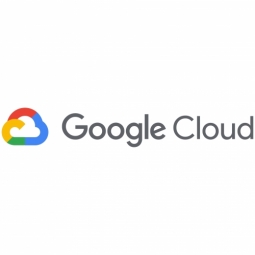Google Cloud Platform
Case Studies
Altavia's Transformation: Migrating to Google Cloud for Enhanced Service Delivery
Overview
 |
Altavia's Transformation: Migrating to Google Cloud for Enhanced Service DeliveryGoogle Cloud Platform |
Application Infrastructure & Middleware - Event-Driven Application Infrastructure as a Service (IaaS) - Cloud Computing | |
Construction & Infrastructure Retail | |
Logistics & Transportation Sales & Marketing | |
Construction Management Retail Store Automation | |
Cloud Planning, Design & Implementation Services Training | |
Operational Impact
| The migration to Google Cloud has brought about significant operational improvements for Altavia. The company's IT development and operations teams have been working together more closely, enabling them to implement new projects faster. The migration also allowed the team to update its application architectures, significantly reducing the number of crashes. Altavia has experienced 90% fewer application crashes in the last quarter, and in terms of performance, it has reduced the global average of latencies by 30%. The company is now delivering a better service for its clients, especially those in distant locations, where latency reduction is closer to 50%. Altavia is planning to further extend its usage of serverless tools and is exploring API Gateway as a way of managing its APIs internally, to help business units become more autonomous. It also plans to use AI to pretrain data models and improve its data analysis capabilities, both internally and externally. | |
Quantitative Benefit
| Reduced system crashes by up to 90% | |
| Reduced latencies by a global average of 30%, delivering faster service for customers | |
| Saved €500,000 in capital expenditure costs | |


